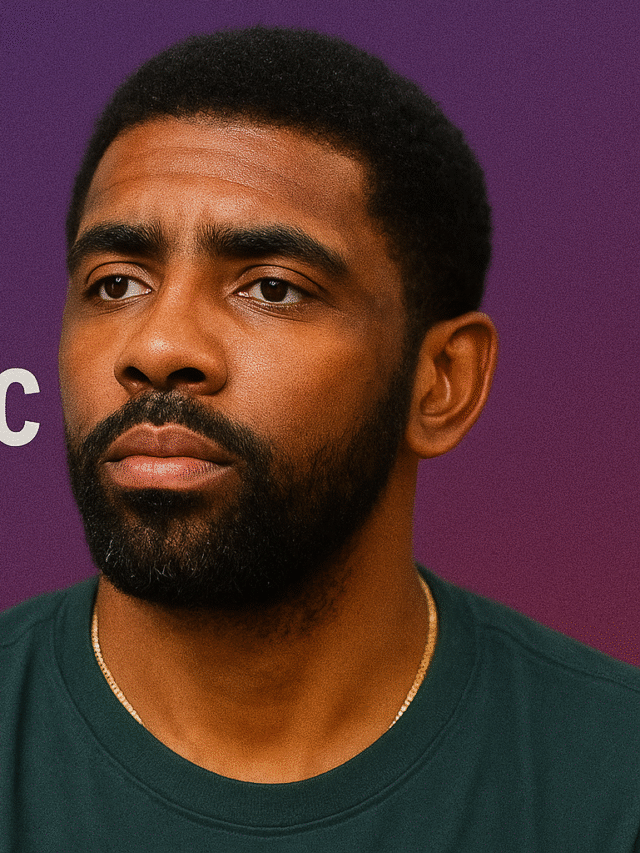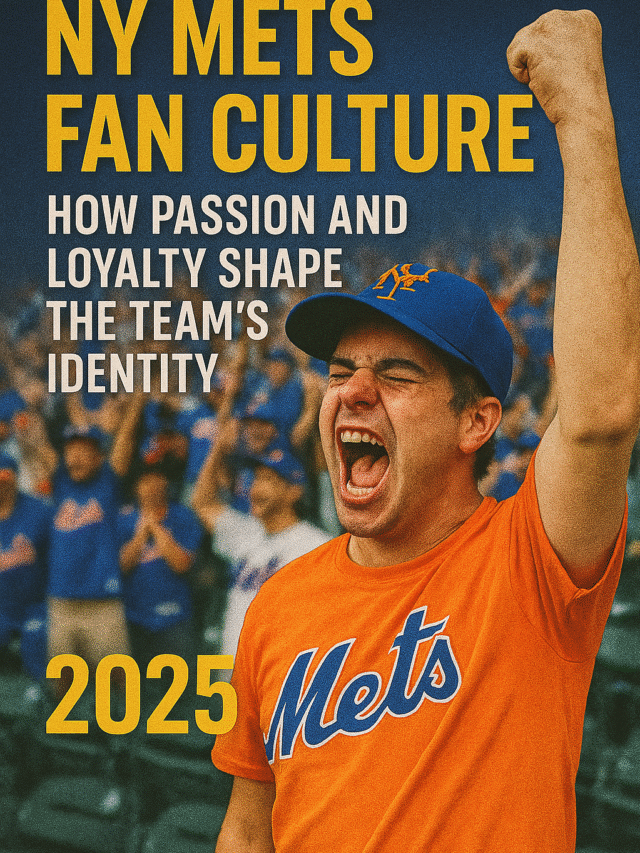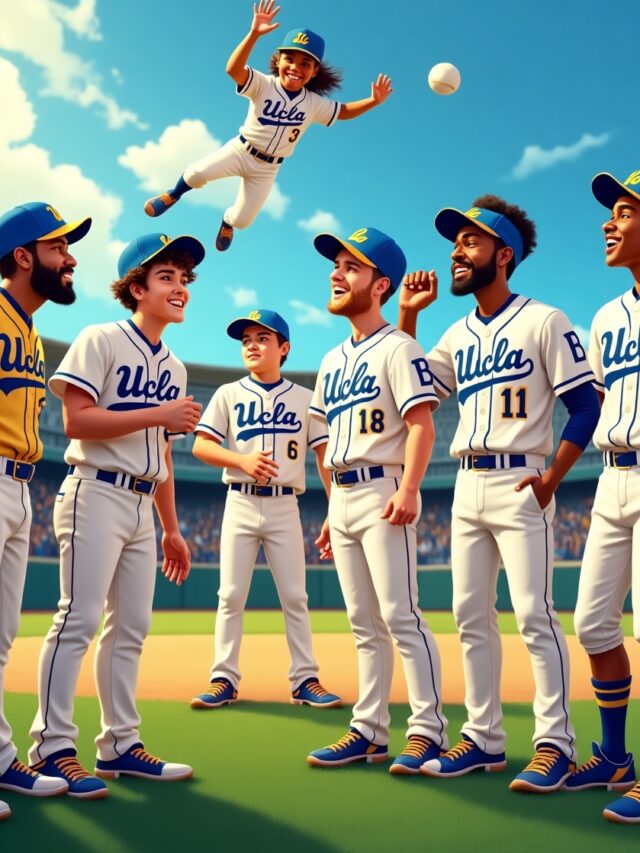Leo Rivas Mariners: A First-Hand Report
The air in Peoria, Arizona, has a particular kind of energy in the spring. It’s a dry heat, even in March, but it’s charged with the sound of cracking bats, the pop of leather gloves, and the low hum of thousands of hopeful fans. My name is Mohit, and for years, I’ve made the pilgrimage to the Cactus League, notebook in hand, looking for the stories that unfold beyond the box scores. This year, my focus was drawn to a player whose journey is as compelling as his on-field talent: Leo Rivas.
Standing behind the chain-link fence, watching the Seattle Mariners go through their drills, you see a collection of elite athletes. There are the towering frames of power hitters and the graceful, almost feline movements of Gold Glove-caliber outfielders. And then there’s Leo Rivas. He doesn’t command attention with his size, but with his presence. There’s an intensity in his focus, a quiet confidence that emanates from him as he fields grounders at shortstop, his movements economical and precise. It was here, under the desert sun, that I began to understand the story of a player who represents the heart and soul of baseball’s long, winding path to the majors.
This isn’t just a report about statistics or projections. It’s about what I saw with my own eyes: the grit, the determination, and the unwavering belief of a player on the cusp of his dream. It’s a first-hand account of why the name Leo Rivas Mariners is one that every fan of the game should know.

The Grind is the Glory: A Day in the Life
To truly understand a prospect, you have to watch them when the crowds are gone. I arrived at the Peoria Sports Complex at 7 a.m., long before the gates opened. The players were already there, stretching under the cool morning sky. Rivas was among the first on the field, part of a small group of infielders working on fundamentals.
His coach for the drill, a seasoned veteran with a face weathered by decades in the sun, hit sharp grounders, one after another. Left, right, slow roller, high chopper. For twenty minutes, it was a relentless rhythm of dirt, leather, and focus. What struck me was Rivas’s footwork. Every step had a purpose. He wasn’t just reacting to the ball; he was anticipating it, meeting it with a balance and fluidity that you can’t teach. His hands were soft, absorbing the ball into his glove as if it were an extension of his own body. The transfer to his throwing hand was a single, seamless motion.
Later, in the batting cages, the story was the same.
While some players were swinging for the fences, launching balls into the netting with explosive force, Rivas’s approach was more surgical.
He worked with the hitting coach on a specific drill, focusing on driving the ball to the opposite field. It was a testament to his approach: a switch-hitter who understands that his value lies not in raw power, but in his ability to make contact, get on base, and use his speed to create chaos. I watched him take swing after swing, making small adjustments based on the coach’s feedback. There was no frustration, only a methodical pursuit of perfection. This is the grind that fans don’t see—the thousands of repetitions that build the foundation for a single moment of brilliance under the stadium lights.
From Venezuela to the Emerald City: A Journey of Resilience
Leo Rivas’s story doesn’t begin in Arizona. It starts in Maracay, Venezuela, a city that has produced some of baseball’s finest shortstops. Signed by the Angels as an international free agent in 2014, his path has been anything but a straight line. He spent years navigating the complex ladder of the minor leagues, a world of long bus rides, small towns, and the constant pressure to perform.
I had the chance to speak with a scout who had followed Rivas since his early days. He asked to remain anonymous, but his words painted a vivid picture. “With guys like Leo, it’s about the makeup,” he told me, leaning against a railing as we watched batting practice. “A lot of kids have talent. They can run, they can throw. But can they handle the failure? Can they go 0-for-4 with two errors and come back the next day ready to work? That’s the separator.”
He pointed out onto the field. “Rivas has that. He’s had slumps, he’s had injuries. He was traded. For many players, that’s where the story ends
. For him, it seems to have just fueled the fire.” The trade he mentioned was the one that brought Rivas to the Cincinnati Reds organization, where he continued to refine his craft. He put up solid numbers, showcasing his elite defensive skills and his developing bat. He became known for his glove-first reputation, a defensive wizard who could anchor an infield. Yet, the call to the big leagues remained just out of reach. It wasn’t until the Mariners selected him in the minor league portion of the Rule 5 Draft that his journey took another pivotal turn, bringing him to Seattle’s system.
The Mariners’ Bet: Why Rivas Fits the Philosophy
The Seattle Mariners, under the leadership of Jerry Dipoto, have cultivated a specific philosophy: control the zone, play strong defense, and value athleticism. When you watch the current big-league club, you see this in action. It’s a team built on pitching and defense, designed to win close, low-scoring games. And when you look at that blueprint, Leo Rivas fits the mold perfectly.
I spoke with a member of the Mariners’ front office, who explained the thinking behind bringing Rivas into the fold. “Look, we value players who can impact the game in multiple ways,” he said. “Leo is an 80-grade defender at shortstop. That’s not an exaggeration. His instincts, his range, his arm—it’s all elite. In a system that preaches run prevention, a guy like that has immense value.”
But it’s not just about the glove. “He’s also a switch-hitter with plus speed who doesn’t strike out a lot. He understands his role.
He’s not trying to be a 30-homer guy. He’s trying to be a spark plug, a guy who gets on base and puts pressure on the defense.
This is the modern utility player: not just a fill-in, but a strategic weapon. The ability to play multiple infield positions at a high level, combined with his offensive profile, makes him an invaluable asset. He provides depth, flexibility, and a defensive security blanket that is crucial over the course of a 162-game season. The connection between Leo Rivas Mariners and the team’s overarching strategy is clear and intentional.
What I Saw On the Field: A Breakdown
Observing a player for an extended period allows you to see the nuances that don’t show up on a stat sheet. Here’s a breakdown of my on-field observations from my time in Peoria.
Defense: A Human Highlight Reel
This is where Rivas truly shines. I watched him participate in infield drills for hours, and it was a masterclass. On a slow chopper up the middle, he charged the ball aggressively, bare-handed it in full stride, and made a strong, accurate throw to first. It was a play that many major league shortstops would struggle to make look so effortless.
Later, in a simulated game, a line drive was hit sharply to his left, seemingly destined for the outfield. Rivas took one explosive step, fully extended in a dive, and snagged the ball just inches from the grass. He popped up to one knee and fired a strike to second base for a force-out. The other players on the field just nodded. They had seen it before. This is his standard. His internal clock is perfectly calibrated, his first step is explosive, and his arm is both strong and accurate from multiple angles. He is, without question, a major-league-caliber defender right now.

Hitting: A Polished Approach
As a switch-hitter, Rivas presents different looks from each side of the plate. From the left side, his swing is more compact and geared for contact, using the whole field. He showed a great eye, laying off tough breaking pitches on the outside corner and waiting for a pitch he could handle.
From the right side, there appears to be a bit more pull-side power, though he maintains his disciplined approach. During one batting practice session, he consistently drove balls into the left-center gap. The key takeaway from my observation is his pitch recognition. He rarely looks fooled. He understands the strike zone and forces pitchers to come to him. While he won’t lead the league in home runs, his ability to work counts, draw walks, and put the ball in play makes him a difficult out and a valuable piece of any lineup.
Baserunning: An Underrated Weapon
Speed is one thing; baserunning instinct is another. Rivas has both. In the simulated games, I watched him turn a routine single into a double with an aggressive, intelligent turn around first base. He reads pitchers’ movements well, getting excellent jumps when stealing.
He is a constant threat on the basepaths. He forces defenses to rush, to pay attention, and that pressure can lead to mistakes. A walk can turn into a runner on second. A single can become a runner on third. This is the kind of value that often goes unnoticed but contributes directly to scoring runs. His speed and smarts on the bases perfectly complement his on-base skills.
The Intangibles: Character and Clubhouse Presence
Beyond the physical tools, what makes a player stick in the majors? I believe it’s the intangibles. After one of the workouts, I saw Rivas spending extra time with a younger prospect, a teenager just starting his own professional journey. Rivas was patiently demonstrating the footwork for turning a double play, offering encouragement after each attempt.
I asked one of his teammates from the Tacoma Rainiers, the Mariners’ Triple-A affiliate, about him. “Leo’s a pro’s pro,” he said. “He shows up every day, does his work, and leads by example. He’s quiet, but when he talks, people listen. He’s been through the grind, so he knows what it takes. Having a guy like that in the clubhouse, especially with so many young players, is huge. He keeps everyone grounded.”
This is the kind of character that organizations covet. A player who not only performs on the field but also elevates those around him. He is a mentor, a leader, and a stabilizing presence. This maturity and professionalism are the final, crucial pieces of the puzzle. The Leo Rivas Mariners story is more than just about one player’s talent; it’s about his potential to positively influence the team’s culture for years to come.
What’s Next for Leo Rivas?
The path to a permanent spot on the 26-man roster is never easy, especially on a team with established infielders. However, the modern game values versatility more than ever. Rivas’s ability to play elite defense at shortstop, second base, and third base makes him the ideal utility player.
The most likely scenario is that he will continue to be a key player for the Triple-A Tacoma Rainiers while being one of the first players called up in case of injury or underperformance at the major league level. A 162-game season is a war of attrition. Players get hurt. Slumps happen. Having a player like Rivas, who can step in and provide plus defense at multiple positions without being a liability at the plate, is not a luxury; it’s a necessity for a contending team.
Don’t be surprised to see him get significant playing time with the Mariners this season. He could be used as a late-inning defensive replacement, a pinch-runner in a key situation, or a spot-starter to give regulars a day off. His skillset is tailor-made for a manager looking to gain a strategic edge in a tight game.

A Story Worth Watching
As I packed my bags to leave Peoria, the sun was beginning to set, casting long shadows across the empty fields. The sounds of baseball had faded, replaced by the quiet desert evening. But the impression Leo Rivas left on me remained.
In a sport often dominated by talk of launch angles and exit velocities, his story is a refreshing reminder of what lies at the heart of the game: perseverance, dedication, and an unyielding love for the craft. He is a testament to the fact that the journey is just as important as the destination.
I came to Arizona looking for a story, and I found one in the quiet determination of a shortstop from Maracay. The connection between Leo Rivas Mariners and the future of the franchise is one built on a foundation of grit and skill. He may not be the prospect with the most hype, but he might just be the one with the most heart. And in baseball, as in life, that often counts for more than anything else. Keep an eye on him. I know I will. This is a story that feels like it’s just getting started.










